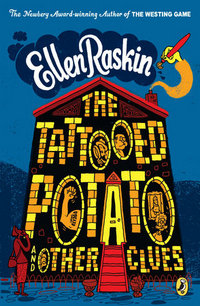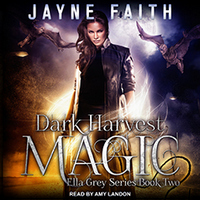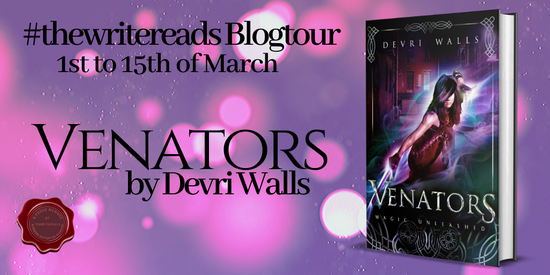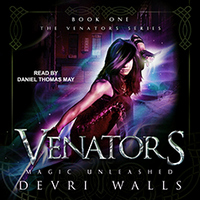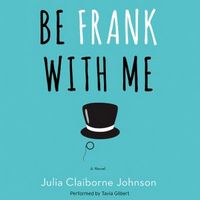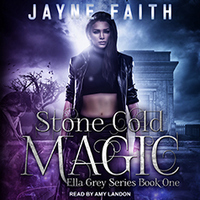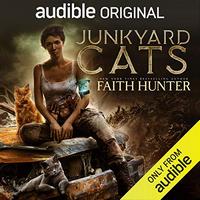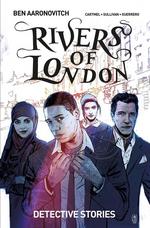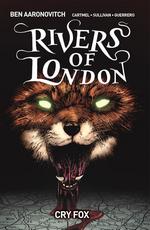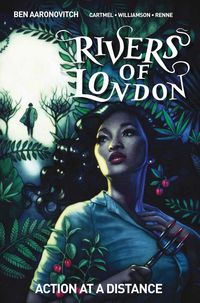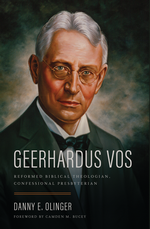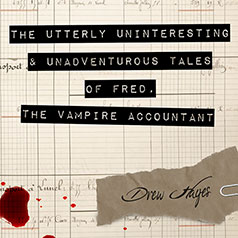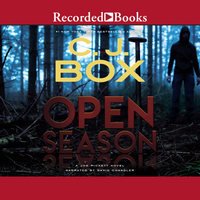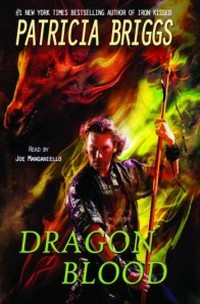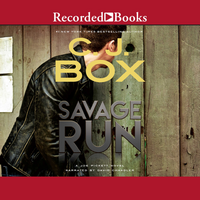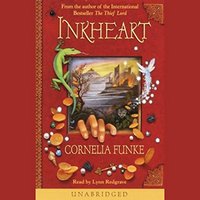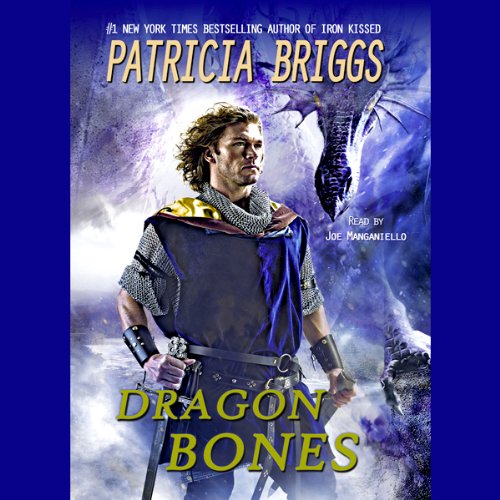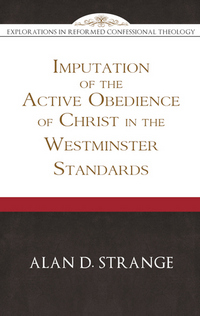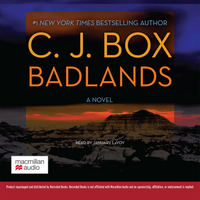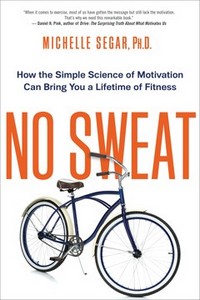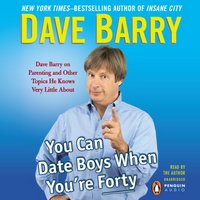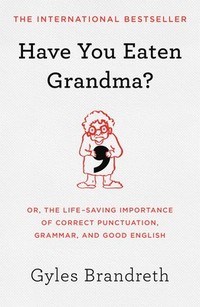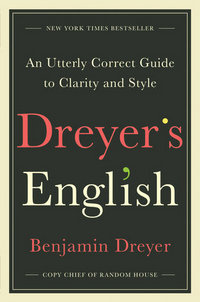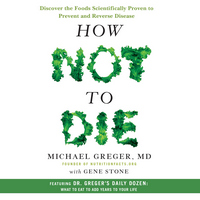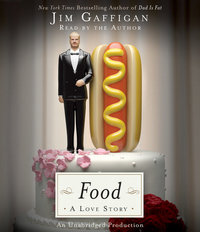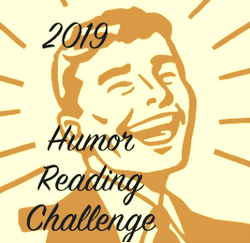A quick Q&A with the author, Michael Landweber, is coming later this morning—be sure to come back and check it out!
—
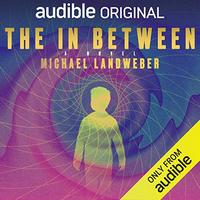 |
The In Betweenby Michael Landweber, Brittany Pressley (Narrator), Mark Boyett (Narrator) Unabridged Audiobook, 10 hrs., 7 min. Read: February 28-March 3, 2020 |

A couple of years ago, when mystery writer Brad Parks wrote his first stand-alone thriller, in more than a couple of interviews I heard/read him talk about the struggle getting going. A friend gave him some advice to “write the book that scares you,” which would likely scare his readers. He ended up deciding that as a parent, the thing that scared him the most was something involving trauma to one of his kids. Which resulted in at least two different novels (Say Nothing and Closer than You Know), both of which provided me with a level of fear I don’t usually get from thrillers. I couldn’t stop thinking about that anecdote and those two books while I listened to this, did someone give Landweber similar advice?
We start off meeting Lillian, who works in the PR department of Teleportation Services International. She’s taking her son’s class on a tour of TSI—something she and his teacher had arranged to help him deal with his anxiety about their upcoming trip via Teleportation. Cole is shy, nervous, and not really assured by this exercise—although the rest of his class has a blast (and it sounded pretty fun to me, too).
Then we meet her husband, Jackson. Jackson is one of the few drivers around in 2047—his clientele is primarily made up of the elderly who won’t trust self-driving cars (and, yeah, it occurred to me that I’d be one of his client base on both of those counts) and those whose mental health or anxiety issues won’t allow them to trust the cars, either. He augments this income by teaching super-rich teens how to drive the smattering of sports cars still around so they can go on joyrides.
TSI gives one employee’s family a month a free week’s vacation to anywhere in the world—and then milks their experience for publicity. They’ve picked Tokyo—and none of the family have ever teleported before. This will be a new experience for them all. Lillian steps through the portal in Omaha and stumbles out in Tokyo (the first trip is typically difficult on the destination side). There’s a strange delay that worries her, but before long, Jackson comes out in worse shape than her. But where’s Cole?
No one has an answer. Cole is missing and no one has an explanation. No one can even begin to hazard a guess about what happened.
Not at all surprisingly, Lillian and Jackson are devastated. Heartbroken. Inconsolable. And their individual reactions are so different that they can’t even be there for each other in this time.
Lillian, whose own childhood was marked by tragedy, directs her grief into work. If she can be busy, she can cope. Quickly, her energies are directed into investigating (on her own) what happened that day, and what can be done to prevent it from happening again—and maybe finding a little vengeance along the way.
Jackson’s reaction is two-fold. First, he’s an alcoholic who hasn’t taken a drink in six years. He’s not in recovery in any sense, he just stopped drinking to be a father. With Cole gone, he returns to the bottle—any bottle. Before taking that first drink—and after it—his question was, “My son is missing, why isn’t anyone looking for him?” For Jackson, Cole isn’t dead, he’s lost. Jackson knows—he can’t convince anyone, but he knows—that he saw something—some place?—in between Omaha and Tokyo. He spends his days going back and forth between the two cities, trying to find that In Between again, before crawling back into a bottle.
They haven’t just lost their son, they’ve lost each other. The love is still there. But they just don’t understand the other’s reaction. She can’t cope with his drinking or his denial. He can’t understand why she’s given up on Cole. While he hunts for Cole and she hunts for an explanation, they’re both burdened, distracted and shaped by this other pain. It is heartbreaking to watch their marriage crumble—as with the Parks thrillers, what happens to Cole is terrifying to this parent. But that feeling was frequently overshadowed by my reaction to his parent’s relationship.
Now that I’ve gone on longer than I intended to about the plot (not that I’m cutting any of it), let’s talk about the setting. This is not quite a post-apocalyptic world, but it’s one where the apocalypse could be just around the corner. Environmental changes have impacted coastal cities around the world—many of what we know as coastal cities no longer exist. We all know that the Midwest gets hit by huge storms throughout the year, their frequency and intensity have grown. There are changes to transportation (air travel as well as the automobile changes mentioned above) in efforts to reduce pollution. New–and deadly–flu strains crop up with a regularity that makes them seem routine, and everyone knows how to react when one comes along.
There’s a lot that could be said about the government (governments?) in this future. Not that Landweber talks about politics at all—but there’s a tremendous lack of civil liberties on the one hand, and yet a very laissez-faire stance when it comes to TSI (at least as evidenced by TSI who really only seem to care about customer perception, not any kind of reulatory oversight). There’s a benevolent totalitarianism at work when it comes to the storms (and reactions to them) in Nebraska, as well as the medical response to new flu strains.
I want to stress here that these environmental and health elements are just parts of the story, and the government observations are only my impressions, and nothing I could really provide footnotes about. Landweber doesn’t take the opportunity to get on a soapbox about any of it, they’re just part of the world he’s describing. Much in the same way that someone writing a book set in 2020 would talk about current cultural trends, technologies or current events. He doesn’t indulge in any real explanation of his world-building, there are no big info dumps—it’s all just the setting.
This is an Audible Original—and I should talk about the audio aspect of this. It’s a gripping listen and wonderfully performed. As you may have guessed Brittany Pressley narrates the chapters from Lillian’s point of view, and Mark Boyett takes Jackson’s. I don’t think I’d heard anything by either of them before—but I’ll keep my eyes peeled for their names when I browse for audiobooks in the future. They truly did wonderful jobs. They got the emotion of the moment, the tension—and occasional moments of fun, joy, or relief—as well as giving a real sense of the characters. It didn’t happen often, but even when a character usually only seen in a Lillian chapter showed up in a Jackson, you could recognize them (and vice versa)—which was nice. Landweber wrote a great story but Boyett and Pressley brought it to life.
The last time I listened to an Audible Original, I had trouble with a couple of the SF-y terms used—mostly because I couldn’t be sure exactly what the narrator was saying (e.g., was that a “d” or a “b”—or a “g”—in the middle of that word?) It wasn’t that I couldn’t understand the narrator, they were just terms the author invented that was hard to get my head around. Landweber didn’t do any of that, which was a relief—although there were a couple of Japanese names I wouldn’t be able to repeat (in print or voice), but I knew what Pressley and Boyett were saying.
Another pair of books that came to mind while I was listening to this were Mike Chen’s novels. Like Chen, Landweber creates a wonderful Science Fiction world, and then tells a gripping family drama. Yes, the science fiction elements are there—and are incredibly well-executed—but the heart of this novel is about parenting, marriage, love. Fans of Chen would do well to check this book out. Fans of this book should give Chen a chance.
I read and enjoyed Landweber’s last novel, Thursday, 1:17 PM, but this is a much better showcase for his talents (not to knock his earlier work). There’s so much to commend about this Audiobook that I have only begun to scratch the surface (truly, I can think of a half-dozen characters I should’ve profiled*, a couple of themes I could have talked about, and other plotlines I should have addressed). There’s something for everyone in this book—an element of a thriller, some great SF Technology, some conspiracy elements, the environmental setting, some media commentary, some Big Business critique, a lot of focus on people with anxiety issues and/or mental health diagnosis, ethical quandaries, parent/child stories, and a touching love story, too.
* There’s a hacker character that I’m going to kick myself for not talking about, for example. He’s one of the most entertaining characters I’ve encountered this year—Top 3 for 2020.
Get this into your ears, folks, you won’t regret it—you may not like it as much as I did, but I can’t imagine you won’t like it.
Disclaimer: I received this audiobook from Audible in exchange for this post and my honest opinion. Thanks to them for the book and Laura Blackman for approaching me.

![]()


